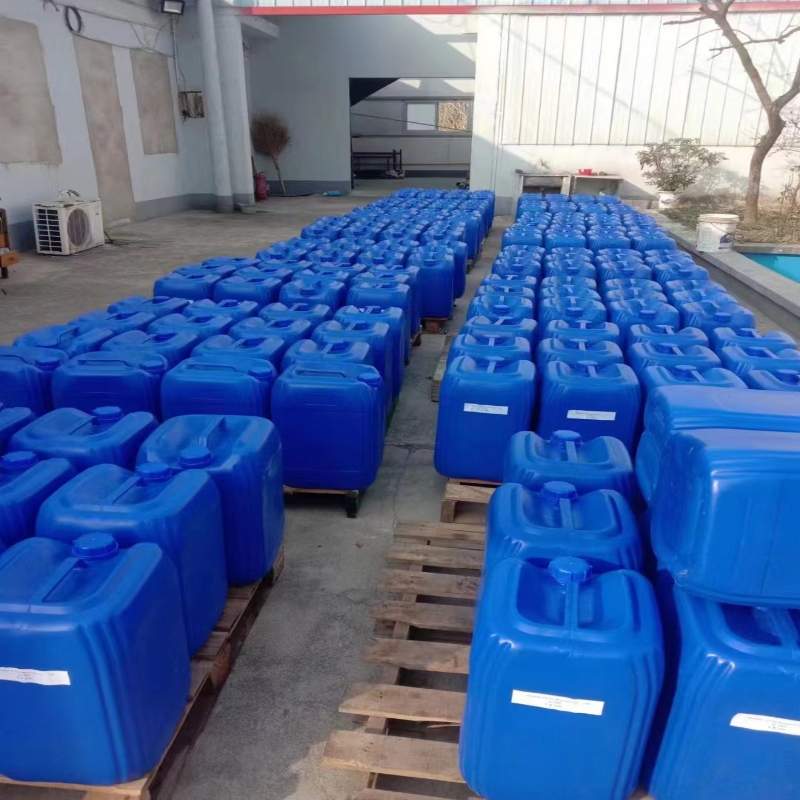-
Categories
-
Pharmaceutical Intermediates
-
Active Pharmaceutical Ingredients
-
Food Additives
- Industrial Coatings
- Agrochemicals
- Dyes and Pigments
- Surfactant
- Flavors and Fragrances
- Chemical Reagents
- Catalyst and Auxiliary
- Natural Products
- Inorganic Chemistry
-
Organic Chemistry
-
Biochemical Engineering
- Analytical Chemistry
-
Cosmetic Ingredient
- Water Treatment Chemical
-
Pharmaceutical Intermediates
Promotion
ECHEMI Mall
Wholesale
Weekly Price
Exhibition
News
-
Trade Service
China Petroleum and Chemical News Network reported on June 1st that the US oil giant Exxon Mobil announced its withdrawal from a deep-water oil exploration project in Ghana.
A letter to the Ghanaian government seen by Bloomberg and people familiar with the matter showed that after fulfilling its contractual obligations during the initial exploration period, the company gave up all of its equity in the Three Points block in Deep Water Corner and resigned as an operator.
Exxon Mobil holds 80% of the shares in the block, and the state-owned Ghana National Oil Company and Ghana Oil Company hold 15% and 5% respectively.
People familiar with the matter said that so far, ExxonMobil's work includes processing seismic data of approximately 2,200 square kilometers, but has not drilled any exploration wells.
Cao Haibin excerpted from World Petroleum
The original text is as follows:
Exxon walks away from stake in deepwater Ghana block
Exxon Mobil is pulling out of a deep-water oil prospect in Ghana just two years after the west African nation ratified an exploration and production agreement with the US oil titan.
The company relinquished the entirety of its stake in the Deepwater Cape Three Points block and resigned as its operator after fulfilling its contractual obligations during the initial exploration period, according to a letter to Ghana's government seen by Bloomberg and people familiar with the matter.
Exxon controlled 80% of the block, with state-owned Ghana National Petroleum Corp.
The work done so far included processing about 2,200 square kilometers (850 square miles) of seismic data, but Exxon didn't drill any exploration wells, the people said.







